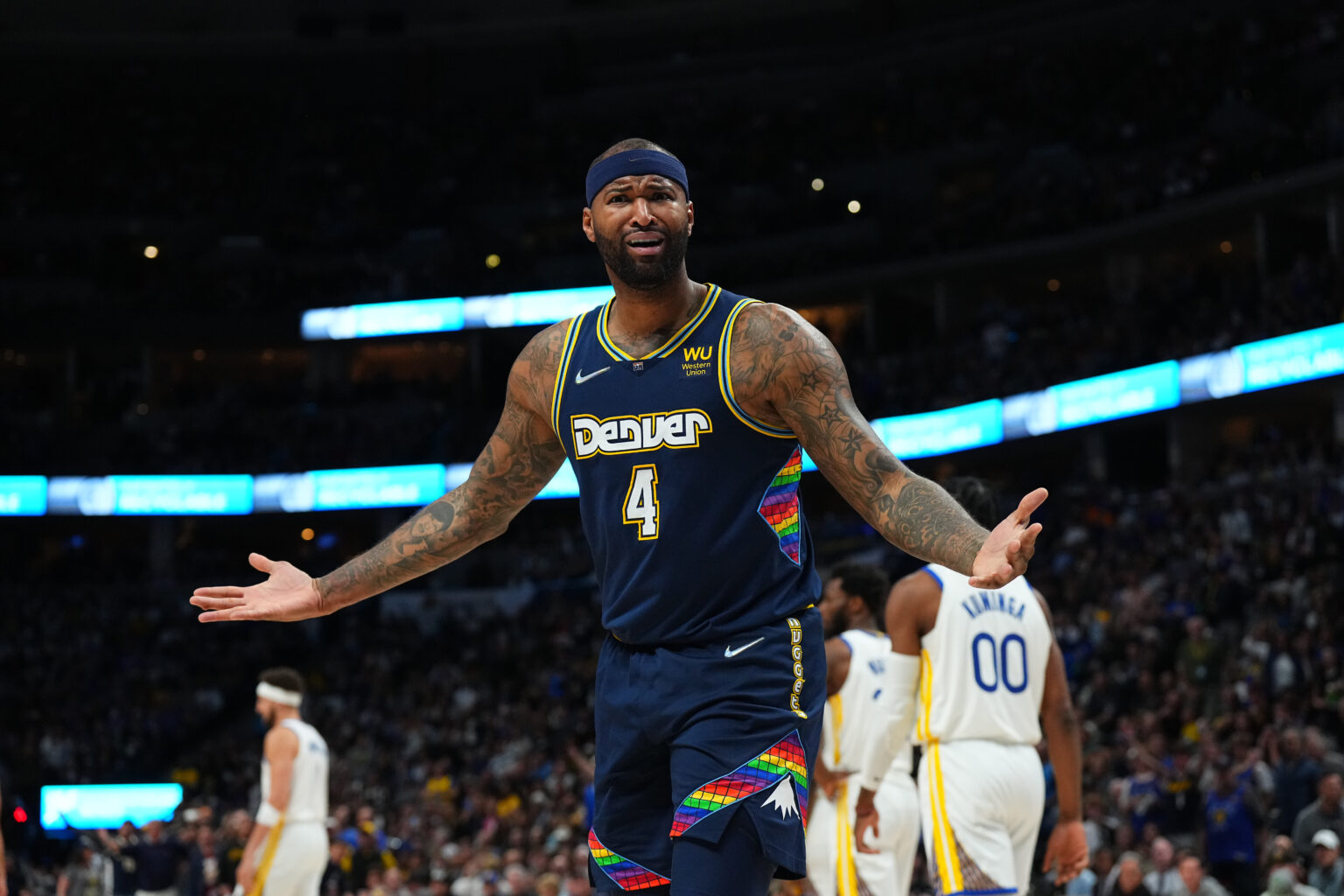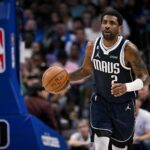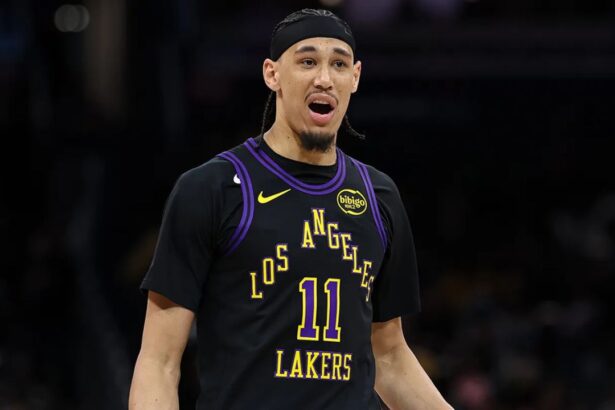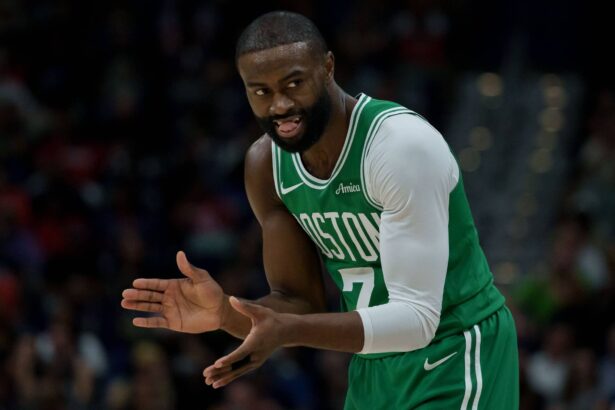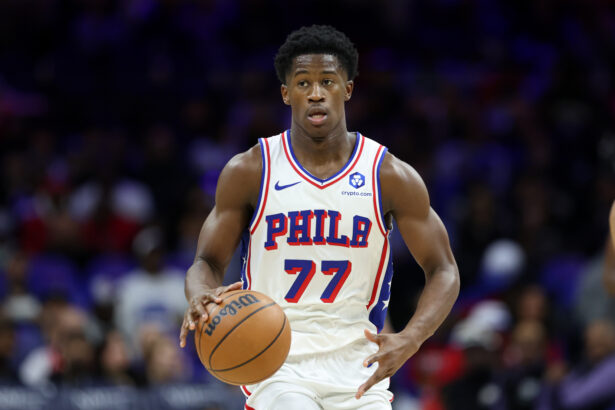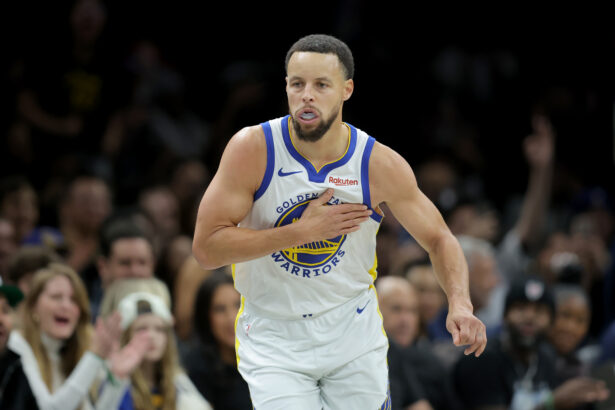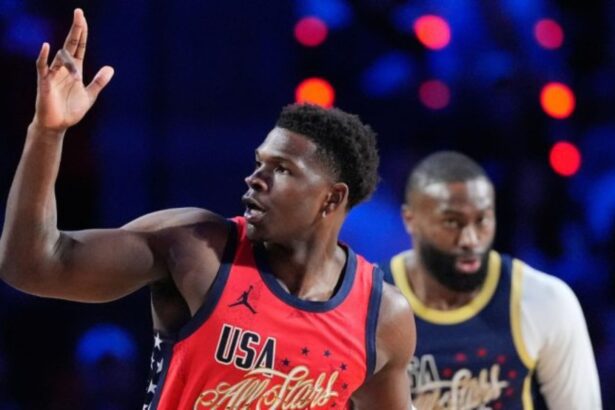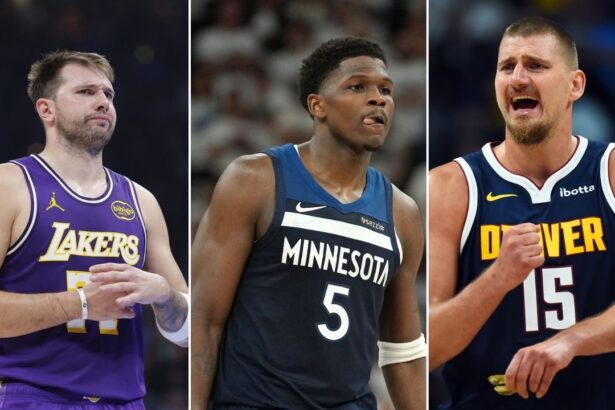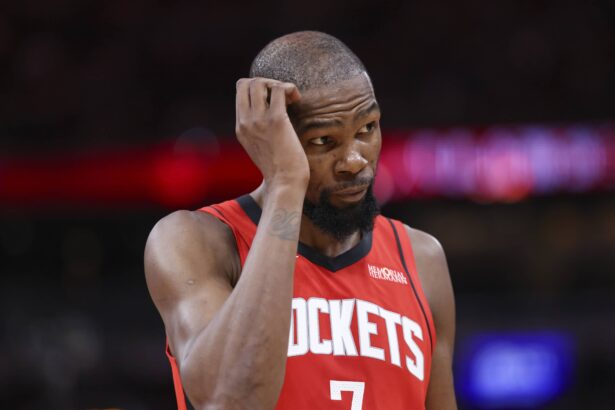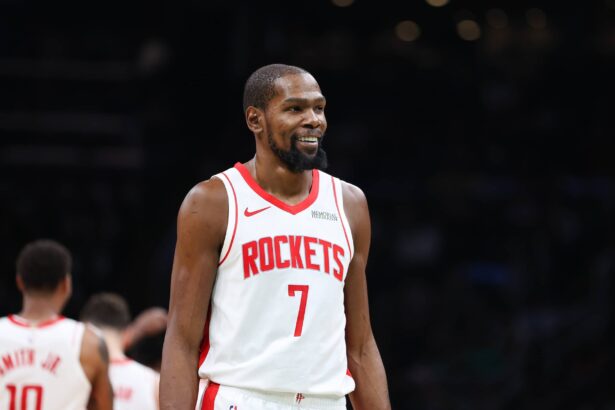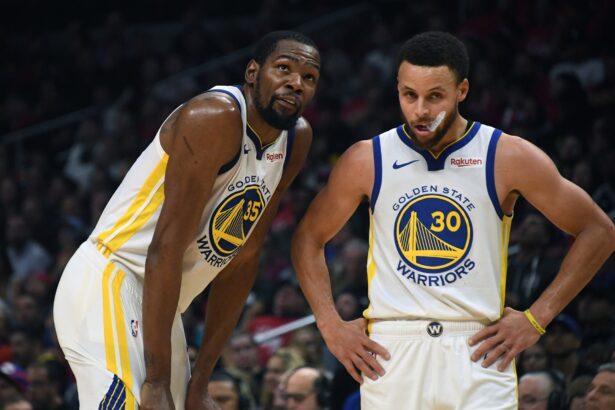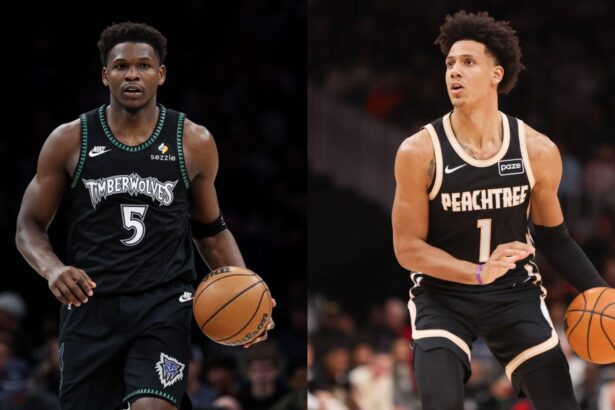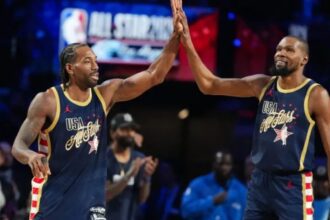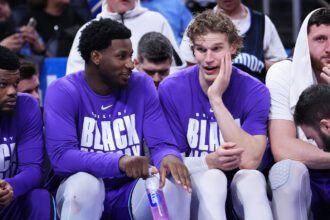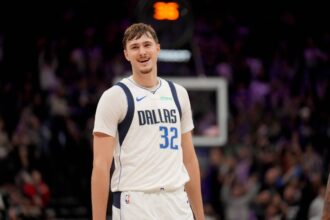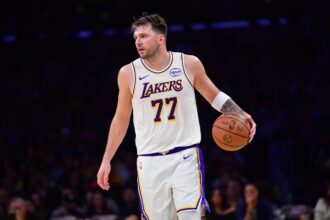- Cousins recalls blatant exploitation in NCAA
- Ex-NBA star lambasts NCAA’s past policies
- Cousins said he was once robbed of $60,000
NBA veteran DeMarcus Cousins didn’t mince words when he detailed the exploitation he and other players faced before the inception of the NIL policy. Speaking on Kevin Garnett’s podcast, he vividly recounted how vendors were making thousands selling merchandise bearing his name while he couldn’t even accept a free meal:
“Who gives a f**k about college? At this point, colleges, are giving their reparations.”
“They robbed us enough.”
“When I was at Kentucky…Man, we having tournaments in fuc*** Cancun, Mexico and there’s 3,000 people with Cousins in Kentucky shirt.”
“But the vendor outside, he made 60 bands, with my name but I get in trouble for a free meal?”
“The NCAA can kiss my ass.”@boogiecousins gives his perspective of what he likes and doesn’t like about NIL.
Watch all episodes of #KGCertified on our YouTube. pic.twitter.com/eGpM98BeQe
— All the Smoke (@allthesmokeprod) September 6, 2023
Before the policy change in July 2021, college athletes were barred from accepting any kind of compensation, an issue that has long drawn criticism for allowing organizations and third parties to profit off the hard work and talent of young athletes, without them seeing a penny.
His reflections open up a broader conversation about the historical exploitation within college sports, giving a deeply personal insight into the extent of the financial injustice experienced by so many.
The issue has been controversial, with critics highlighting the unfairness of the earlier system and others fearing the implications of financial incentives for college athletes.
The NIL policy has indeed been a game-changer, creating avenues for college athletes to earn through endorsements and other revenue streams, a freedom that DeMarcus Cousins, unfortunately, couldn’t enjoy during his college tenure.
The new landscape offers current athletes a chance to monetize their college careers, opening doors to financial security and opportunities that were previously unattainable, a move that aligns the NCAA with a more modern, fair approach to athlete compensation.
Bronny James Made $7.2 Million From His NIL Deal
Bronny James has reportedly amassed an impressive $7.2 million through deals stemming from the NIL (Name, Image, and Likeness) policy.
The youngster has struck deals with a slew of companies, leveraging his nascent yet incredibly promising basketball career and the high-profile status endowed by his lineage to become the highest NIL earner in the United States to date.
This financial milestone is all the more remarkable considering Bronny has yet to play a single college basketball game, suggesting his earning potential in the NIL landscape could scale new heights once he starts his collegiate career.
This development underscores a transformative period in college sports where players can now commercially exploit their name, image, and likeness to strike endorsement deals and other business ventures.
To put this in a historical context, iconic players like DeMarcus Cousins and John Wall might have seen substantial financial gains during their collegiate days had the NIL policy been in effect.
It isn’t far-fetched to estimate that these stars could have easily garnered upwards of several million dollars given their overwhelming popularity and transcendent talents showcased during their tenure in college basketball.
Bronny’s early success in navigating the NIL environment paints a picture of a new era where collegiate athletes have an unprecedented opportunity to monetize their skills and fame even before stepping into the professional arena.
It is indeed a game-changer in the vibrant landscape of college sports, providing young athletes with financial empowerment and a head start in building their individual brand portfolios.
What Is The NIL Policy?
The NIL (Name, Image, and Likeness) policy represents a pivotal change in the regulations governing NCAA college athletes and their ability to monetize their personal brand while still maintaining their amateur status. Instituted in July 2021, this policy fundamentally alters the ways college athletes can earn money.
Prior to this policy’s enactment, NCAA athletes were strictly prohibited from earning money through endorsements, sponsorships, or any other avenues that leveraged their name, image, or likeness to generate revenue.
This meant that while colleges, coaches, and organizations could profit immensely from the success and fame of young athletes, the individuals themselves were left with no legal avenues to benefit financially from their own talents and recognitions.
The NIL policy has dismantled this archaic system, empowering athletes to enter into a variety of agreements and partnerships, ranging from social media promotions to traditional advertisement endorsements, personal appearances, and even the creation and sale of their own merchandise.
In essence, college athletes now have a green light to build and leverage their personal brands for financial gain without jeopardizing their college eligibility.
While this shift has been welcomed with open arms by many, it also introduces a new layer of complexity to college sports, ushering in uncharted territory that is bound to evolve and refine over time as real-world implications and potentially unforeseen consequences come to light.
We sincerely appreciate and respect you as a reader of our site. It would help us a lot if you follow us on Google News because of the latest update.
Thanks for following us. We really appreciate your support.

